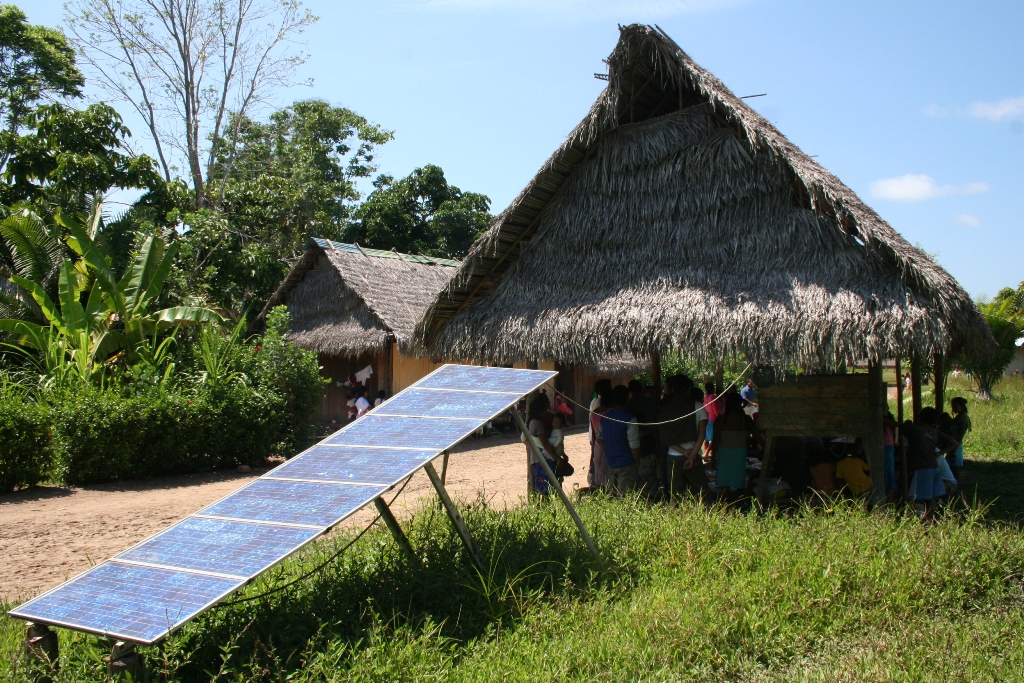Yes, and moving away from baseload coal, nukes, and natural gas and towards distributed solar and wind power will help with that, both directly by making the grid more resilient, and indirectly by slowing climate change.
Clare Foran wrote for NationalJournal 12 August 2013, Climate Change Is Threatening the Power Grid: So says the White House, in a new report that recommends strengthening the grid.
Just days away from the 10-year anniversary of the worst power outage in U.S. history, the White House and the Energy Department released a report on Monday evaluating the resiliency of the nation’s electric grid and recommending steps to prevent future blackouts.
The report called storms and severe weather “the leading cause of power outages in the United States,” and warned against the steep cost of weather-related damage to the electric grid. It put the price tag for electrical failures caused by inclement weather at between $18 billion and $33 billion annually, and noted that costs have increased in recent years, jumping from a range of $14 billion to $26 billion in 2003 to $27 billion to $52 billion in 2012. Storms exceeding a billion dollars in damages (electrical and otherwise) have also become more frequent in the past decade, as the chart below shows.
Well, Entergy’s Arkansas Nuclear 1 (ANO1) is still down more than four months after a fatal accident (hey, look at that; Continue reading















